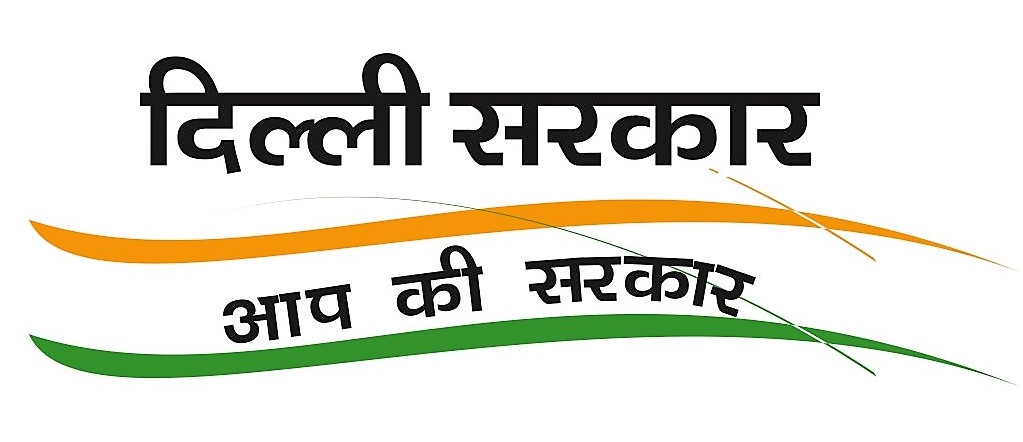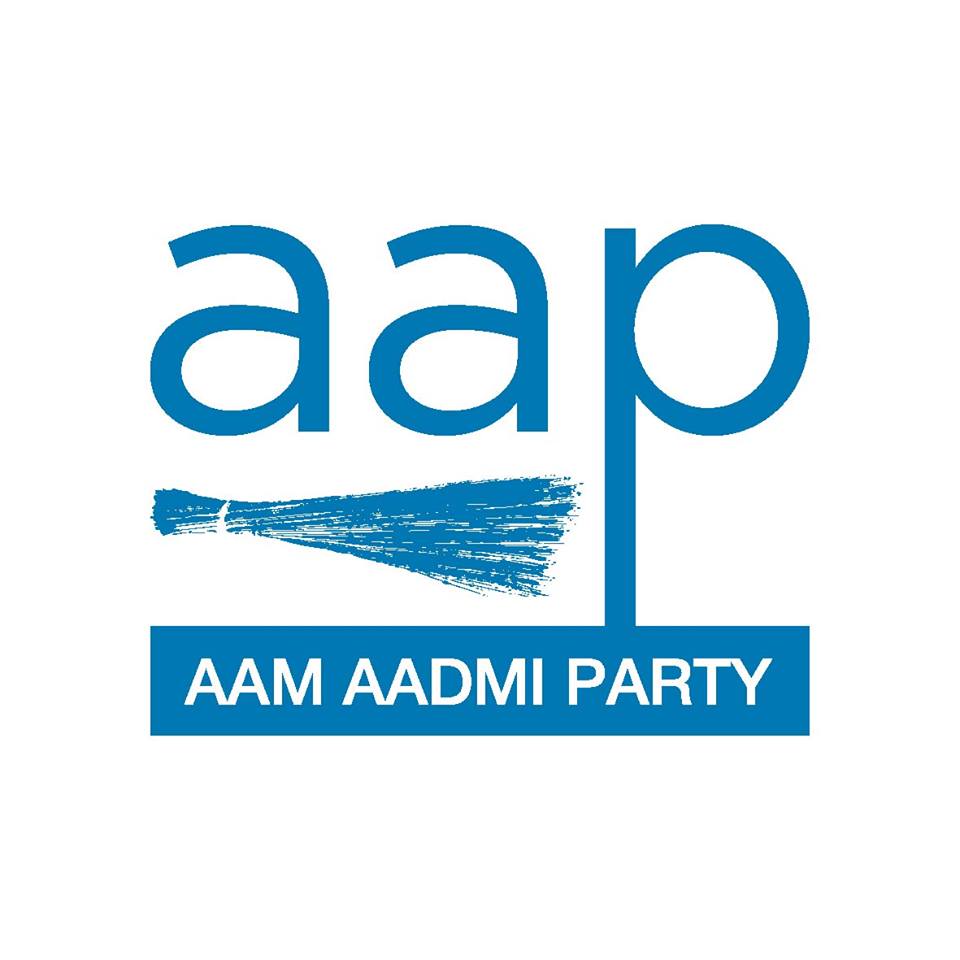
- Administrative approval was accorded for deployment of specially fabricated/ tailor-made, 200 sewer cleaning machines for cleaning of sewer lines in narrow streets/ lanes in Delhi for 07 years
- Construction of two Under Ground Reservoirs/ Booster Pumping Station of 9.1 ML and 5.8 ML capacity at village Bijwasan and Rajokri respectively approved by the Board
- The Board approved the waiver of all the arrears on account of additional sewer charges in Dwarka
- Additional 2400 mm line for raw water mains from Delhi sub-branch near Haiderpur WTP
- Construction of wall between drain no 6 and drain no 8 in Piue Maniyari in Sonepat to segregate industrial waste and raw water canal
- The levying of Rain Water Harvesting penalty has further been extended till 30th June, 2018
- In principle approval for the revision of pay scale of Assistant Engineers and Junior Engineers of DJB
The 136th Board meeting of the Delhi Jal Board (DJB) was held at the Delhi Secretariat under the Chairmanship of Mr. Arvind Kejriwal on February 1. The Board deliberated and approved several key projects/schemes to benefit the residents of Delhi.
1. Additional Sewer charges of Dwarka Residents waived off:
The residents of Dwarka had installed borewells because of the paucity of water and thus they were supposed to pay additional sewer charges after DJB took over Dwarka from DDA in 2015. The Chief Minister, who is also DJB chairman recently visited the area and met the local residents over the issue. During his visited he promised the residents to get the arrears on account of additional sewer charges waived. The Board on Thursday approved the waiver of all the arrears on account of additional sewer charges in Dwarka.
2. Doing away with the problem of ammonia in water:
To do away with the constant problem of ammonia getting mixed in raw water supply, the Delhi Jal Board approved two important decisions. An additional 2400 mm line for raw water mains from Delhi sub-branch near Haiderpur WTP would be laid in order to reduce dependency on Yamuna for raw water. The raw water from Yamuna often was contaminated with ammonia and disturbed the water supply in several areas of Delhi. In the meanwhile, till the 2400 mm line is laid, a wall is being constructed between drain no 6 and drain no 8 in Piue Maniyari in Sonepat to segregate industrial waste and raw water which flows through the canal to Delhi. The wall will stop ammonia getting mixed with raw water.
3. Construction of UGRs:
To augment and rationalise the water supply distribution system, the board approved construction of two Under Ground Reservoirs/ Booster Pumping Stations of 9.1 ML and 5.8 ML capacity at village Bijwasan and Rajokri respectively which will be fed through the extension of feeder main network of CT-6. At present, both Bijwasan and Rajokari command areas are being fed water through tube wells as well as through tankers. No potable water supply exists in these urban villages situated in the South West zone of Delhi. The construction of both the Under Ground Reservoirs/ Booster Pumping Station will benefit a population of 1.80 Lac of the area.
4. 200 sewer cleaning machines:
The board also approved the deployment of specially fabricated/ tailor-made 200 sewer cleaning machines for cleaning of sewer lines in narrow streets/ lanes in Delhi. After implementation of the Scheme, it will be helpful in maintaining the sewer line in the narrow lanes/ streets of Delhi by cleaning and maintaining through technological appliances and to eliminate the practices of the manual scavenging of the sewer lines. The labour machine is expected to reduce the human involvement in cleaning of sewerage system to bare minimum.
5. Delhi Water Board Septage Management Regulations-2018 approved:
In light of aforesaid explanation, the Board also accorded approval to the “Delhi Water Board Septage Management Regulations-2018”, the aim of these regulations is to completely eliminate the practice of manual cleaning of sewer lines and to ensure proper disposal of septage.
6. Rain Water Harvesting penalty deadline extended:
The deadline for levying penalty for not having Rain Water Harvesting systems in residential areas has been extended till 30th June, 2018 throughout Delhi. All the residents are required to have a functional Rain Water Harvesting structure installed as per their areas. For those residents who fail to install the Rain Water Harvesting structure within the said deadline, Delhi Jal Board will levy penalty from 1st July, 2018 onwards. Further, people who have already paid the Rain Water Harvesting penalty, the paid amount will be adjusted in future bills.
7. Decentralised Waste Water Treatment plants:
In line with Sewerage Master Plan 2031 for providing sewerage facilities in un-sewered areas of Delhi, the Board approved the proposal of construction of Decentralised Waste Water Treatment plants and Rejuvenation/Development of Water Bodies on Design, Built and Operate basis with 10 years of O&M in Burari Assembly Constituency of Delhi.
8. Scheme of reduced rates of sewer and water development:
The Scheme of reduced rates of sewer and water development charges of unauthorized/ regularized colonies is extended by Delhi Jal Board till 31-03-2018. This measure is focussed on providing convenience to consumers and the Board is encouraging more and more people to apply for regularization of domestic unauthorized water connections to bring them into the ambit of its water and sewage network. According to the scheme, a flat rate of Rs.100/- per sq. mtr. is applicable towards water and sewer development charges in case of properties falling in D, E, F, G and H categories of unauthorized colonies being used for residential purposes, with plot area up to and including 200 sq. mtrs. for plots under domestic use categories only.
9. Water body & Waste water treatment plants:
To augment the supply of drinking water in Dwarka area, new source of raw water is being developed by creation of water body at Dwarka Water Treatment Plant and Pappankalan Waste Water Treatment Plant including pump house and rising mains. The total cost of the project is estimated to be 56.54 crores.


Leave a Comment